Looking for a healthy breakfast? Enjoy a delicious handful of sunflower seeds with their inherent firm but tender texture and ability to take care of your hunger while taking in a good amount of nutrients. Sunflower seeds are available in stores all year round.
Sunflower is an annual plant that is cultivated mainly for its rich in fat seeds. Today, sunflower is the third largest oilseed crop in production, with the first and second being soybeans and canola. Leading commercial producers of sunflower seeds are the Russian Federation, Peru, Argentina, Spain, France and China.
Sunflower seeds are a gift from the beautiful sunflower, plants with rays of petals emanating from a bright yellow and dotted with seeds their center. The Latin scientific name of sunflower, Helianthus anthus, makes this solar connection since helios is the Greek word for sun and anthus is a flower. Since sunflower seeds are very high in fat, they are one of the main sources of production of polyunsaturated oil.
History of the Sunflower
It is believed that sunflowers come from Mexico and Peru and were one of the first plants cultivated in the United States. The earliest specimens of cultivated sunflowers date from 2600 BC, in the lands of Mexico. It is believed that at the outset of its upbringing was the cult of the sun, because of the valuable ability of sunflower to look at it from morning till night. For biologists, this is pure heliotropism – a tool that helps the plant to obtain the necessary amount of sunlight, thanks to its special motor cells.
Some researchers argue that conquistadors saw the enemy in the face of a sunflower on arrival, because residents connected it with sun worship and it united them against the new faith. It is believed that this is what encouraged conquerors to introduce bans on the cultivation of sunflowers.
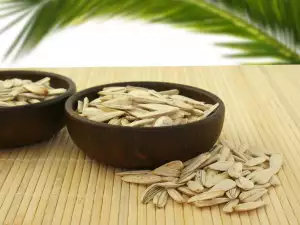
Sunflowers arrived in Europe in the 16th century, when seeds besides the royal storehouse of Spain brought many religious artifacts with his appearance. After initial cultivation in Spain, traders began to spread in Europe.
Composition of sunflower seeds
Sunflower seeds contain large doses of omega-6 fatty acids and omega-9 fatty acids, minerals manganese, selenium, copper, phosphorus and magnesium. Raw sunflower seeds are an excellent source of vitamin E and B1, B5 and B9.
In 100 g of sunflower seeds, there is 21 g proteins, 11 water, 55.8 g fat, 622 calories, 44 mg calcium, 4.1 g carbohydrates, 4.2 mg iron, 344 mg phosphorus, 0.1 mg carotene, vitamin E 6.24 mg, 0.23 mg vitamin E, 5 mg vitamin PP.
Selection and storage of sunflower seeds
- If you buy sunflower kernels packed, check whether the packaging is airtight.
- If you buy bulk seeds, make sure the store has a good attendance, to make sure that they are fresh.
- If you buy shelled seeds, avoid those that gleamed yellow as they are probably rancid.
Sunflower seeds in cooking
- If you want to peel the seeds, you need to put them in a grinder for seeds to blend and put them in cold water, so the peels easily come to the surface. If you do not have one grinder, you can place them in the bowl of your electric mixer, push it a few times, then re-add water to resurface peel;
- You can add sunflower seeds to your favorite salad, be it tuna, chicken or turkey ;
- Add sunflower seeds to a mixed green salad;
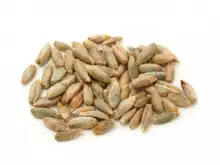
- Addition of seeds to your scrambled eggs will give them a unique flavor and texture;
- Use finely ground sunflower seeds instead of flour to roll meat in.
Sunflower seeds along with other seeds and nuts are widely used in the preparation of a variety of healthy breads, cakes or for making delicious cookies and cakes.
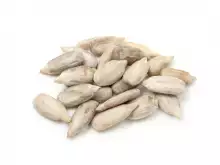
Benefits of sunflower seeds
- The contained therein Vitamin E acts as an anti-inflammatory and is good for our cardiovascular health.
Sunflower seeds are an excellent source of vitamin E, the major lipid-soluble antioxidant. Vitamin E is spread throughout the body, neutralizing free radicals that may be opposed to fat-containing structures and molecules, such as cell membranes, brain cells, and cholesterol.
Protecting these cellular and molecular components, vitamin E has significant anti-inflammatory effects that result in the reduction of symptoms given in asthma, osteoarthritis and rheumatoid arthritis - conditions where free radicals and inflammation play an important role.
- Phytosterols contained in sunflower seeds lower cholesterol. Phytosterols are compounds found in plants that have a chemical structure similar to cholesterol. When actively participating in our diet, they are able to reduce blood levels of cholesterol, strengthen our immune system and reduce the risk of certain cancers.
- The magnesium in there calms the nerves, muscles and blood vessels. Sunflower seeds are a good source of magnesium. Studies have shown that it helps in reducing asthma attacks, lowers blood pressure, prevents migraine headaches and reduces the risk of heart attack or stroke.
- Selenium in sunflower seeds enhances detoxification and protects against cancer. Sunflower seeds are a good source of Selenium - trace minerals, which are fundamental to the human body. Studies in animal models of cancer suggest a close correlation between selenium intake and the occurrence of cancer. It appears that selenium causes restoration of DNA synthesis and of damaged cells and thus inhibits the spread of cancer cells.
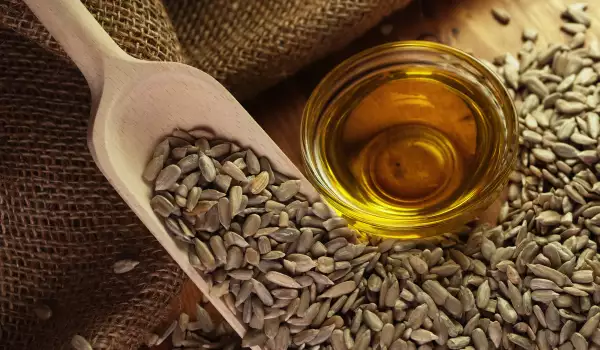
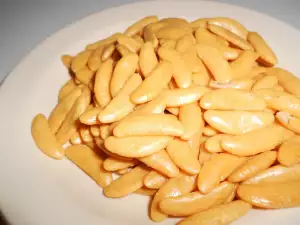
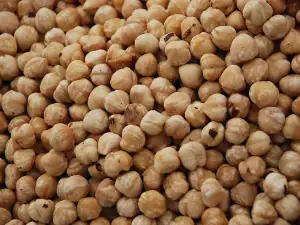
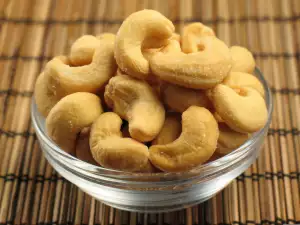
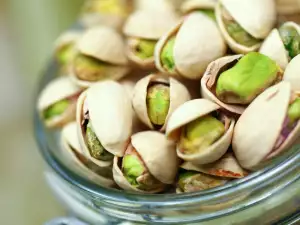
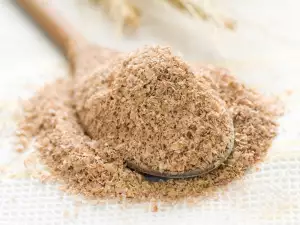
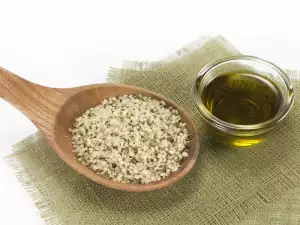
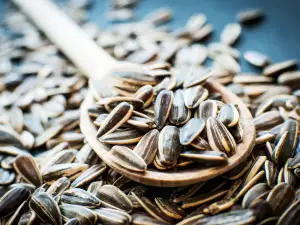

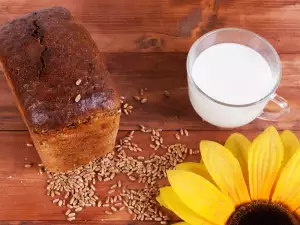
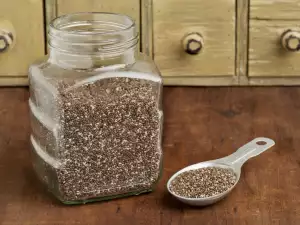
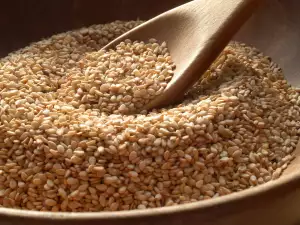
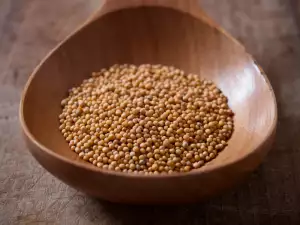
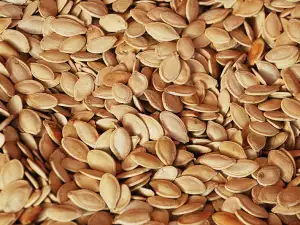
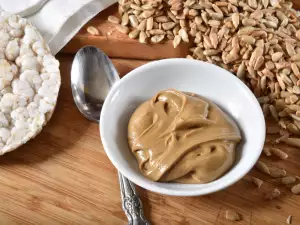




Comments